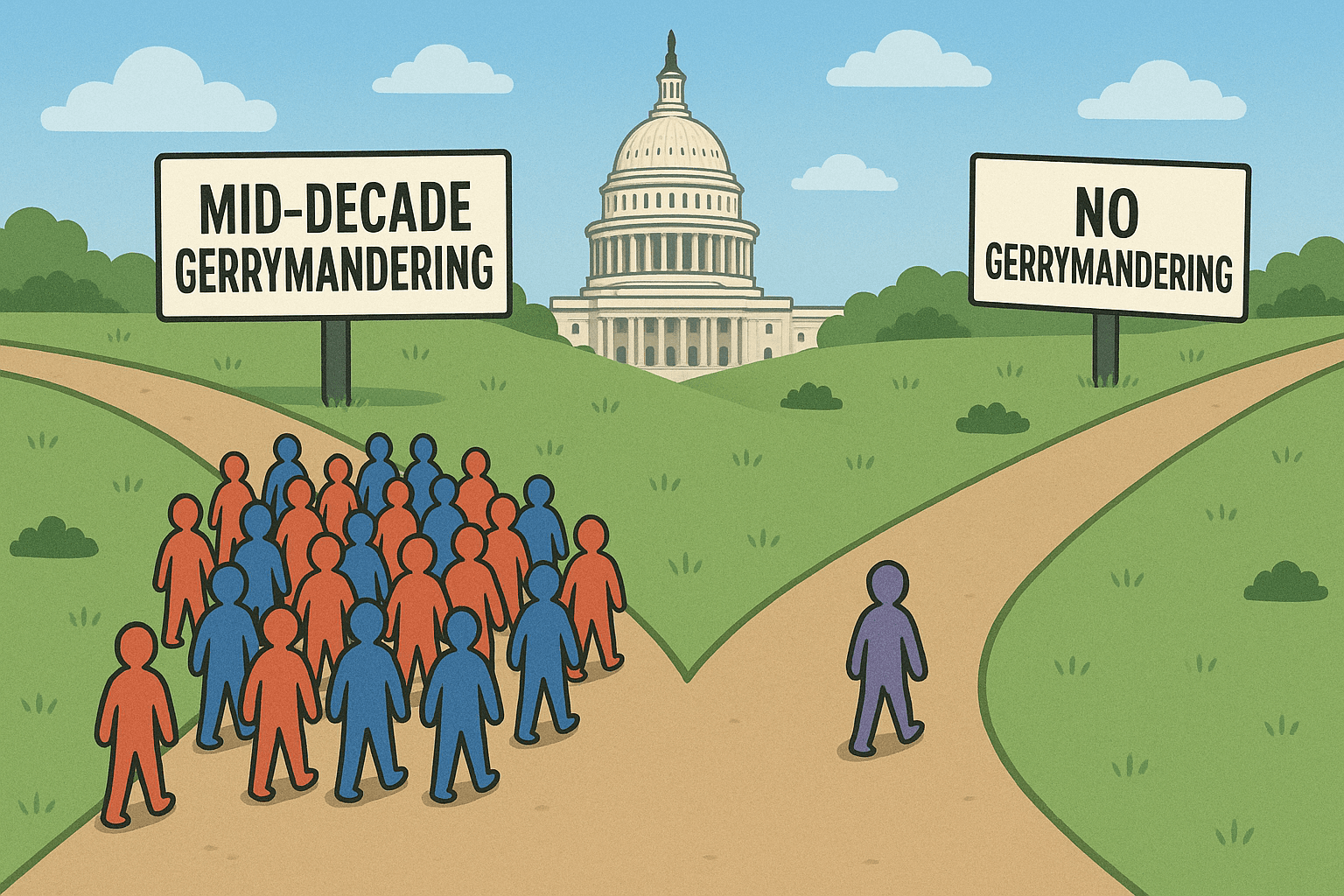Sen. Sanders (I-VT): Bipartisan Student Loan Bill Makes Matters Worse

http://youtu.be/M25q4Pf1HrM
After an honest watch of independent Senator Bernie Sanders' speech, a first impression may be a doomsday scenario for college students.
However, Sanders is anticipating the adverse effects of a proposed bipartisan compromise on federal student loan interest rates. He took the Senate floor to make the point that two parties coming to an agreement doesn't necessarily result in the best solution.
After July 1, federally subsidized student loan interest rates went from 3.4 percent to 6.8 percent. The bipartisan proposal to improve the rate structure -- supported by a handful of Democrats, Republicans, and independent Senator Angus King -- initially brings interest rates down to 3.86 percent, but is variable:
"All interest rates would be a fixed rate set for the academic year during which the loan is made and it would be based on the 10-year Treasury rate. The interest rate for subsidized loans and unsubsidized loans to undergraduate students would be the 10-year Treasury rate plus 2.05 percentage points, but capped at 8.25 percent"
Sanders highlighted his proposal to keep rates at 3.4 percent for two years in order to draft more effective legislation:
"I ask for support from my colleagues for an amendment which I have authored to provide a two year sunset to this bill, an approach which would prevent interest rates from soaring and allow us the time to deal with this problem in a constructive long-term solution."
He continued to explain the problem of passing a quick-fix type of proposal to the large problem of student loans and debt:
"This issue is too important to be rushed through this body without hearings, without listening to the people who will be affected by this bill. The millions of young people who wish to go to college, who don't want to leave school in deep debt, and their parents as well. We should be listening to them, not rushing this bill through today."
Senators behind the bipartisan proposal may be seen as proactive, getting together and finding a possible solution to a $1 trillion problem. However, if lawmakers want to avoid policies with the possibility of adverse affects -- higher student loan interest rates than we have today -- legislation should be crafted more carefully.
Bipartisanship isn't necessarily a dirty word, but there are more than two ideas that should compete for greater solutions.
Government-backed student loans make up 90 percent of outstanding student debt. More students are taking out loans every year, and average loan amounts have risen to an average of $7,215 per loan.
About 37 million people have student debt, and 17 percent of those are older than 50 years of age still making payments. It is certainly an issue that needs careful consideration, especially if the prospective student pool grows and plans to be economically sound.



